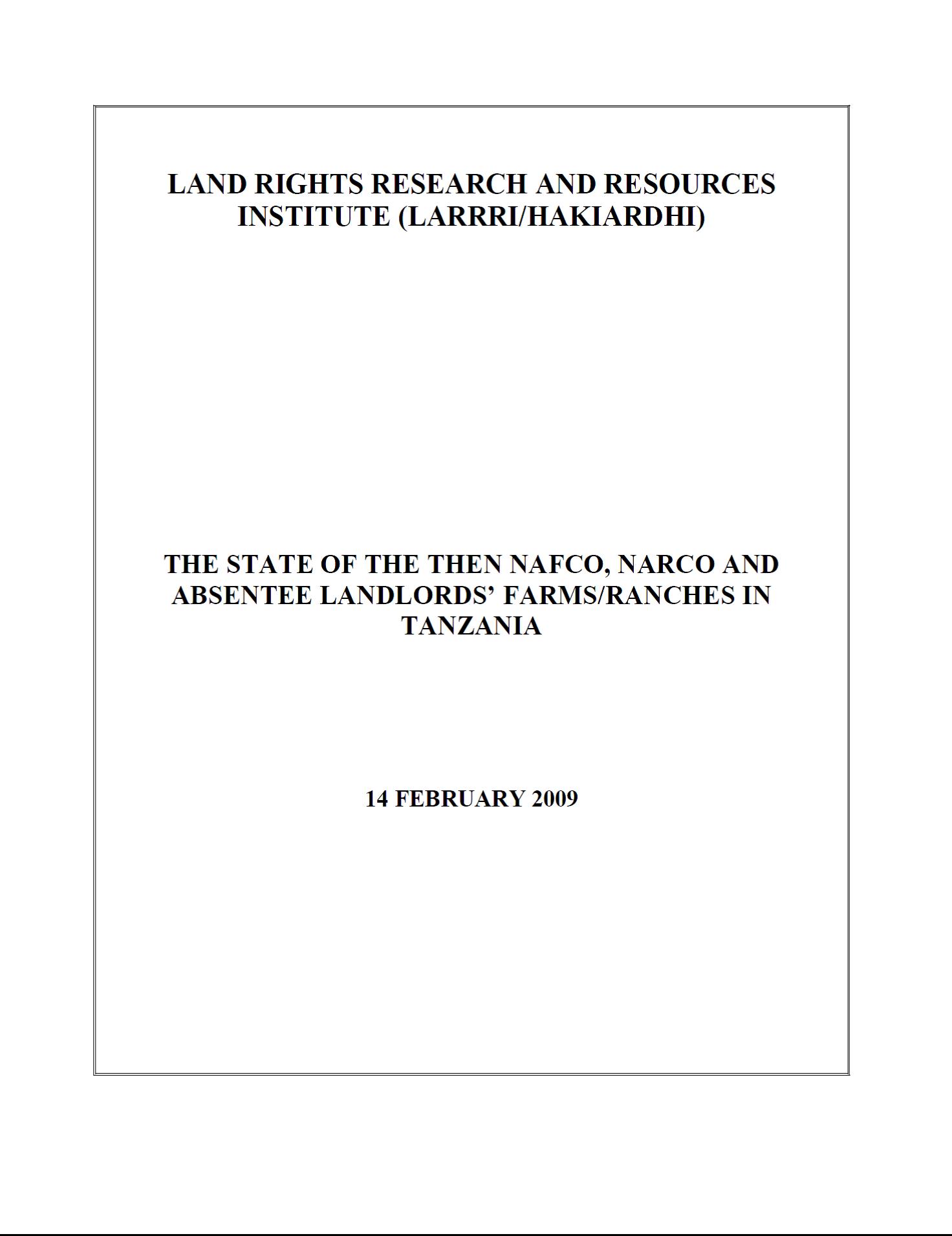Informal land registration in urban areas
This case study examines specific examples of localised and informal land registration practices in South Africa. Such informal land registration often arises where people do not have access to the formal state system of land registration. But as the desire and need to gain access to urban land, to secure rights in relation to that land and also to trade land, a localised registration system that meets these needs tends to emerge.






